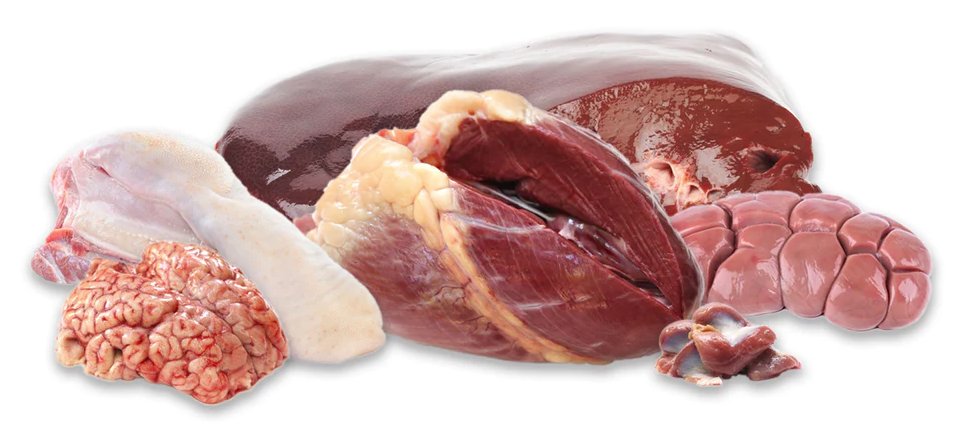The complete guide to organ meats - and their health benefits
We pride ourselves on raising 100% grass-fed beef, ensuring every cut, from prime steak to organ meats, offers the best in taste, quality, and nutrition. More and more our customers are becoming curious about the benefits of incorporating beef organ meats into their diets. If you've ever wondered about the advantages of these nutrient-rich offerings, read on.
Offal – it's not the nicest sounding word and definitely doesn't sound like something you'd want to eat. But, since the dawn of time, offal has been part of the cuisine of almost every known civilization in one way or another. The reason is quite simple – despite the gross-sounding name, offal (or rather the organ meats that make up a significant portion) contain numerous health benefits and significant nutrition.
Are beef organs good for you?
Absolutely. Beef organs are nutrient-dense powerhouses. They are packed with essential nutrients often lacking in modern diets, such as B-vitamins, iron, phosphorus, and zinc. For instance, the liver, often dubbed nature's multivitamin, is particularly rich in vitamins A, D, E, K, B12, folic acid, and trace minerals.
Organ meats are full of nutrients, and are often pound-for-pound more nutritious than muscle meats. With the notable exceptions of tripe (intestines) and brains, most organ meats are good sources of numerous vitamins and minerals, including many of the B-Vitamins, iron, and zinc.
Which organ meats are the healthiest?
All organ meats offer health benefits, but some standouts include:
- Liver: High in vitamin A, iron, and B vitamins.
- Heart: Packed with CoQ10, essential for heart health and energy production.
- Kidneys: A good source of selenium and B12.
- Tongue: Though a muscle, it's nutrient-dense and offers essential fatty acids.
What does 'offal' mean?
'Offal' denotes the internal organs and entrails of a butchered animal. Although these parts were often overlooked in favor of prime cuts, many non-Western cultures cherish them for their unique flavors and textures.
How often should you eat beef organs?
While organ meats are nutritious, moderation remains essential. Consuming them 1-3 times weekly can harness their benefits without overloading on specific vitamins and minerals. It's vital to diversify intake to maximize benefits from each type.
Are there any risks with eating beef organ meat?
The quality of organ meats matters. Grass-fed and hormone-free sources, like Heartstone Farm, are preferred. Potential risks include:
- Vitamin A toxicity: Mainly from excessive liver consumption.
- Heavy Metals: Highlighting the need for clean sourcing.
- Medications and Toxins: Emphasizing the importance of well-raised cattle.
At Heartstone Farm, we ensure our beef meets the highest quality standards. Next time you seek a culinary adventure with added nutritional benefits, consider our grass-fed beef organ meat.
Shop for beef organ meat and make an informed, healthful choice.




